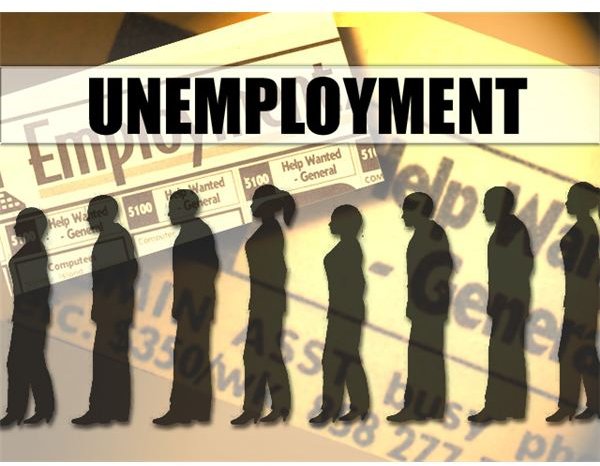HR Manager Tips for Dealing With Structural Unemployment
Workers With the Wrong Skills
If you’re a reader of mine, you know I like to use my own business (a car dealership) as an example for the HR articles I write—including this one on structural unemployment. Drexler University defines structural unemployment as “employment problems that arise because of a mismatch between the needs of employers and the skills and training of the labor force.”
If you are in charge of recruiting, as I am with my business, it’s often hard to be real picky about job qualifications these days. Too many of us recruiters find ourselves adding those four words at the end of all our job openings descriptions: “Will Train Right Candidate.”
There are those workers who simply won’t accept jobs that aren’t in their area of expertise, and this does affect unemployment rates—they go up while that person waits for that “perfect” job. What the worker doesn’t understand is that the perfect job may never come and he should find other avenues to make a living.
In my dealership, we utilize programs that help us deal with structural unemployment. That means training, apprenticeships, and internships–both paid and unpaid. If we want good employees, we do have to train them at times. More and more, character and work ethics come into play far more than the skill factor. Is their intelligence level high? Do they work well with others? What is their last employer saying (or not saying) about them? These are all questions HR managers have to ask when filling positions with the unskilled.
I Don’t Quite Get It, But I Can Learn

Far too often, HR managers who insist on denying that structural unemployment doesn’t even exist find themselves understaffed, overworked, and stressed out.
As a typical example, I have three employees that all have psychology degrees. What that has to do with the car business is beyond me except that those people skills may help if one is applying for a sales position. Generation X was fond of the psychology degree because colleges and universities began to offer the even more expensive dual degrees (with an emphasis on psychology).
Those Gen Xers that sought out counseling jobs and even full-blown psych jobs weren’t finding them, hence the choice to give up and move on to something else; maybe that business minor will now help them out, if they have one.
A mentor of mine dreamed of being a chemist, and after graduation, with no jobs available, she opted to become an apartment complex manager. She now leads one of the top apartment complex builder companies in the nation—but that’s not what she trained for or longed for. Is she happy? Sure, but structural unemployment has been around quite a while and it is here to stay, so HR managers need to adjust to keep their available positions full.
If you’re an HR manager struggling with how to fill those available spots, you need to think about ways to achieve this without investing too much in case the employee doesn’t work out.
Training, Apprenticeships, and Internships

You can deal with structural unemployment if you set up programs such as I did to fill empty positions. These programs also help you determine if a person is a good fit.
- Training – This will take some investment from the company as it will most likely involve the help of a co-worker or use of predetermined courses to get the new recruit up to speed. If you plan on offering training to sway structural unemployment issues, then ask candidates how they feel about both onsite and off-site training and if they’ve completed any such courses in the past.
- Apprenticeships - For my business, I swear by these. There are basically two kinds and two ways to set these up. You can recruit both high school and college students for non-paid apprenticeships where they can still obtain continuing education credits (CEUs); or you can speak with your local Department of Labor to see if it can help get you involved in the government program where wages paid to apprentices are partially, if not all, covered by a federally-funded program.
- Interns – These can almost always be unpaid programs—the intern gets to know your business, and upon his graduation, you may have a dedicated and excellent employee, even if your line of business is not his major or preferred line of business. Check with college recruiting offices with help on setting up your intern program.
You Don’t Have to Just Settle
Because I’ve been an employer for so many years, I’ve learned that you don’t just have to settle when it comes to dealing with structural unemployment. Revamp your HR Department and screen candidates the best you can. Try to weed out the ones that are just looking for that temporary stepping stone until they find the job that is their dream job or desired career path. There are ways around structural unemployment if you put a little more effort in the recruiting process and really delve into the character, personality, and work history of the candidates applying for positions at your company.
References
Drexel University - https://faculty.lebow.drexel.edu/McCainR//top/prin/txt/probs/strunn.html
Image Credits:
